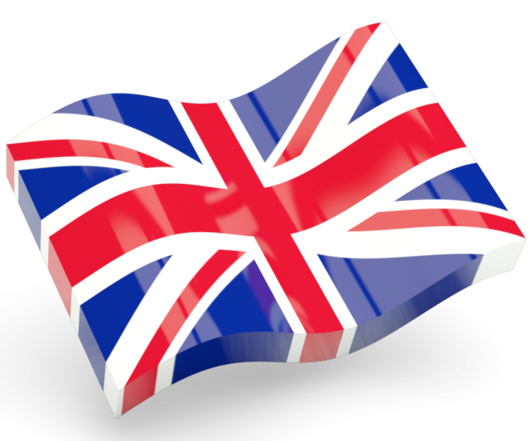The Past Indefinite Tense
The extension of within the English language the number of posts concerning the occasions. Previous Everlasting temporary type of the verb, which conveys an activity, transpired previously or past. Yesteryear Everlasting verbs that were normal is, shaped by the addition of with no compound towards the finish. Edward towards the infinitive. To ask — expected. To — preferred. Verbs Previously Everlasting possess the same type in dual and all individuals single: I liked. You cherished. He cherished. She cherished. They cherished.
When the infinitive stops using the notice, Elizabeth Previously Indefinite, it not created. To preferred (when the infinitive leads to the notice b beat with a consonant prior to the closing impotence it is, transformed too). To review examined (when the infinitive leads to just one consonant notice preceded with a distressed vowel audio that is brief, the best before end increases). To prevent ended. The ultimate notice r is, doubled when the surprise that is syllable. Choose preferred. Finish the notice m is, doubled if it is, preceded with a brief vowel (anxious or unstressed). To visit went.

Irregulars Past Everlasting verbs. Previously Everlasting unusual verbs utilized in the type that was 2nd. To speak — spoke. To go — went. To create — published. Interrogative type Yesteryear Everlasting of unusual and normal verbs is, shaped using the auxiliary verb to complete and the primary verb’s infinitive with no compound to. Was this college, studied at by you? (You analyzed within this College.) Was a playground gone to by her? (She visited the Playground.) Yesteryear Indefinite’s damaging type is, shaped following the auxiliary verb not in the shape of the damaging compound. I did so nothing like that celebration. (I did snoot like this celebration). In dental speech, I did snoot like this celebration. In interrogative damaging type of Past Everlasting of the auxiliary verb did before the topic and the compound not after it. Why did you state me it? (Why you did not tell me that?) However, when you utilize decrease, it did is positioned prior to the topic. Why did you go there? (Why did you go there?) The verb may also be, used to boost the ideas that were stated. You were, loved by me! (I truly liked you!)
The verbs’ Past Everlasting to be and to complete. The verb was for first and third person novel has two types and were for several others. Within the interrogative, type the verb. Were you at home? (You had been at home.) Within the damaging type after was/were utilized, the compound not. I had been not in the UK. (I had been not in the United Kingdom). They certainly were not there. (They certainly were not there). Often make use of the shrinkage: I had bennet. You had bennet. The verb is of the. I had a friend. (I had one). She had a vehicle. That is good. (It had been a great vehicle). He had a home. (He was house). The verb to possess in Previous Indefinite’s form has the form. For the question’s development did can be used prior to the topic, have after it. Did you have publications? (You had publications.) The type that was damaging usually shaped minus the auxiliary verb to complete, and it is utilized as in Our Everlasting with compound that was damaging number or not. I would not issues. (I did so not have issues). I had no selected. (I had no option).
The Usage of Yesteryear Long
Past Everlasting conveys a continuous or remote motion previously. The final motion is usually specific phrases: yesterday (recently), last week (a week ago), last year (this past year), etc. I had been there recently. (I had been there recently). He were in the clinic a week ago. (He was within the clinic a week ago). She was below today. (She was below today). Yesteryear Everlasting can be, used to State a number of consecutive steps previously. I cleaned myself woke up and went of house. (I woke up, cleaned up and strolled from the home). Yesteryear Everlasting can be used to State repeating motion previously. Every single day I noticed him. (I noticed him every single day). Often were come by her to the home. (Mania period she found us).
